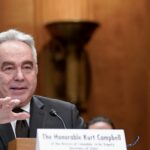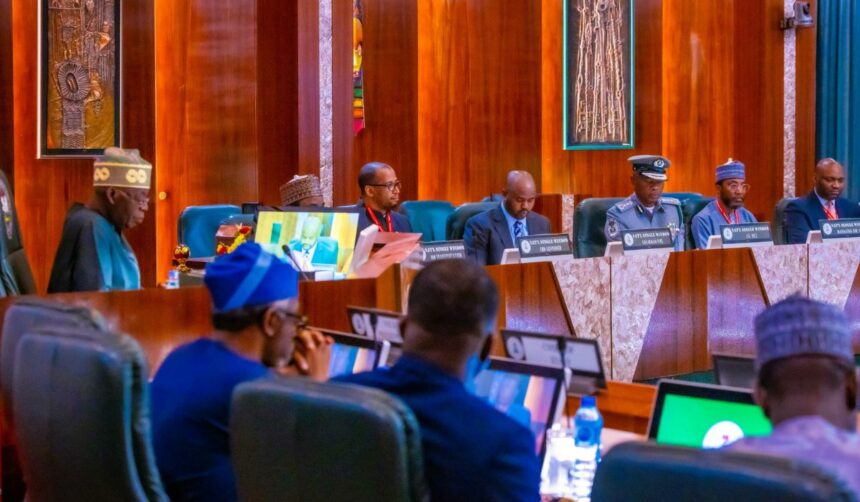President Bola Tinubu unveiled the National Single Window initiative on Tuesday, marking a significant milestone in Nigeria’s quest for economic transformation.
Touted as a game-changer, the initiative aims to modernize trade processes and streamline operations to foster economic growth and prosperity.
Addressing attendees at the launch event held at the State House, President Tinubu emphasized the transformative potential of the National Single Window initiative.
He underscored its role in revolutionizing trade practices, simplifying government compliance procedures, and unlocking economic opportunities for businesses across Nigeria.
The President highlighted the initiative’s role in simplifying trade compliance through a digital platform, facilitating seamless interactions between ports, government agencies, and stakeholders.
President Tinubu noted the economic benefits of paperless trade, estimating an annual economic gain of $2.7 billion.
He stressed the need for Nigeria to align with global standards and leverage technology to drive trade efficiency.
The President lamented the loss of an estimated $4 billion annually due to inefficiencies at ports and pledged to address revenue leakage through the National Single Window.
President Tinubu called upon all Nigerians to embrace the initiative and collaborate in its implementation.
He urged stakeholders to work together to overcome challenges and ensure the project’s success, reiterating its significance in positioning Nigeria as a leader in global trade.
On his part, Mr. Zacch Adedeji, Executive Chairman of the Federal Inland Revenue Service (FIRS), outlined the project’s fundamentals, emphasizing data harmonization and efficient regulatory document management.
He stated that there is a need for collaboration among stakeholders and a phased approach to ensure a smooth rollout.
In a related development, President Bola Tinubu has expressed his commitment to education, healthcare, and enabling industrialization and investments.
Speaking recently, Tinubu assured citizens that challenges arising from essential reforms were being addressed and positive developments were on the horizon.
He pledged substantial development in education, priority on industrialization, increased allocation and attention to healthcare, and the training of more health workers.










